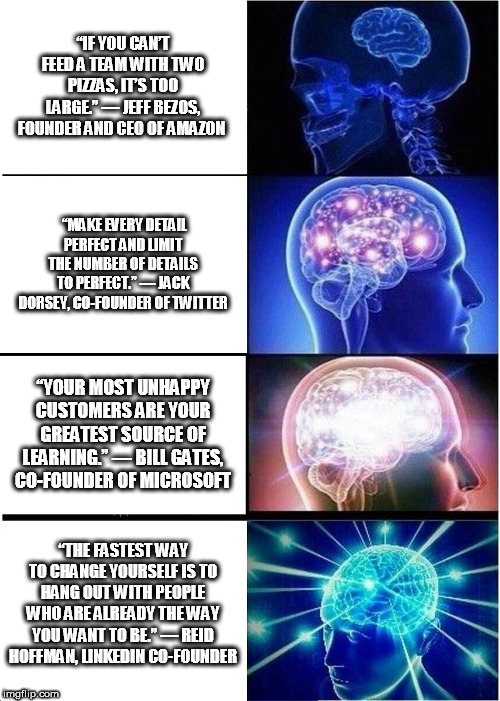Google Organic Search Guide

They
are likely avid readers, parsing through pieces of content in rapid
succession without necessarily scanning the title in-depth before
clicking on it and only deciding on whether they want to read it or not
just seconds after the page has loaded.
Well,
often people get hung up on details and semantics (are we talking about
a direct or indirect ranking factor?), Google patents (which may or may
not even be in use), and competing theories (everyone's got an opinion
based off something they heard or read).
From
ideas for content topics (based on our research), to links to related
sources for writers to read up on, keywords we wanted to connect to the
content, sub-title ideas and more. Read on to find out more about how my
initial findings turned out into a full-fledged organic CTR study and
how you can use this data to make better and more informed decisions in
the future.
It
is then not unthinkable that while most people who would comment on the
topic would want to read the blog post, there was at least a
considerable number of those who were more interested in the comments
than in the article itself.
https://buff.ly/2MoXbKe
The
article was a prediction attempt at how Google might “read” and rank
your images in the near future and it was adequately picked up by the
Futurology Subreddit. You can use this as one of your SEO strategies to
increase your website traffic.
You
can compare the CTR for searches coming from desktop devices (web)
versus mobile devices. The numbers show us that while Google has indeed
increased paid ad CTR (by ~44% on desktop and a whopping ~125% on
mobile), the effect on organic CTR is light compared to the no-click
searches phenomenon.
Work
to improve other user engagement metrics. Like click-through rate, we
believe you need to have better-than-expected engagement metrics (e.g.
Does organic click-through rate (CTR) data impact page rankings on
Google? This is the reference chart for the click-through rate (CTR) of
organic desktop searches in Google for July, 2014.
With
Google providing more and more instant answers people may very well
find the answer to what they are looking for in the displayed search
results so there is no need for them to click on any of the results.
That way, you'll be able to establish and execute a strong keyword
strategy that helps you get found for the search terms you actually care
about.
This
chart reveals that people tend to click more on the first results when
their search has a specific intent. By researching keywords for their
popularity, search volume, and general intent, you can tackle the
questions that the most people in your audience want answers to. On
average, 81% of ad impressions and 66% of ad clicks occur in the absence
of an associated organic search result.
https://buff.ly/2MoXbKe
In
this section, we went through the steps to observe overall traffic from
organic search to your website. Nowadays, many of the search results
contain instant answers so people no longer need to click on a website
to find out what they're looking for. That’s less steep than it could
be, especially considering how aggressive Google’s become with their
rich results and attempts to answer queries prior to anyone leaving the
search engine.
I
though you made a good point regarding SEOs looking at organic rankings
like a Paid Search pro looks at CTR vs. 9 – In this screen shot, the
Marketing Director or CEO is on the Acquisition Overview page and is
going to select Organic Search in the table below. In GWT, when you
click on a keyword in the Search Queries table, you will be sent to a
report called Query Details.
The
insight you can get into these actual search terms can help inform
content strategy, as well as your larger marketing strategy. Investment
in paid search has no impact on your organic search ranking. Fishing Map
page optimized; listed on second page of Google search for “best
fishing spots” and receiving nearly no traffic.


Comments
Post a Comment